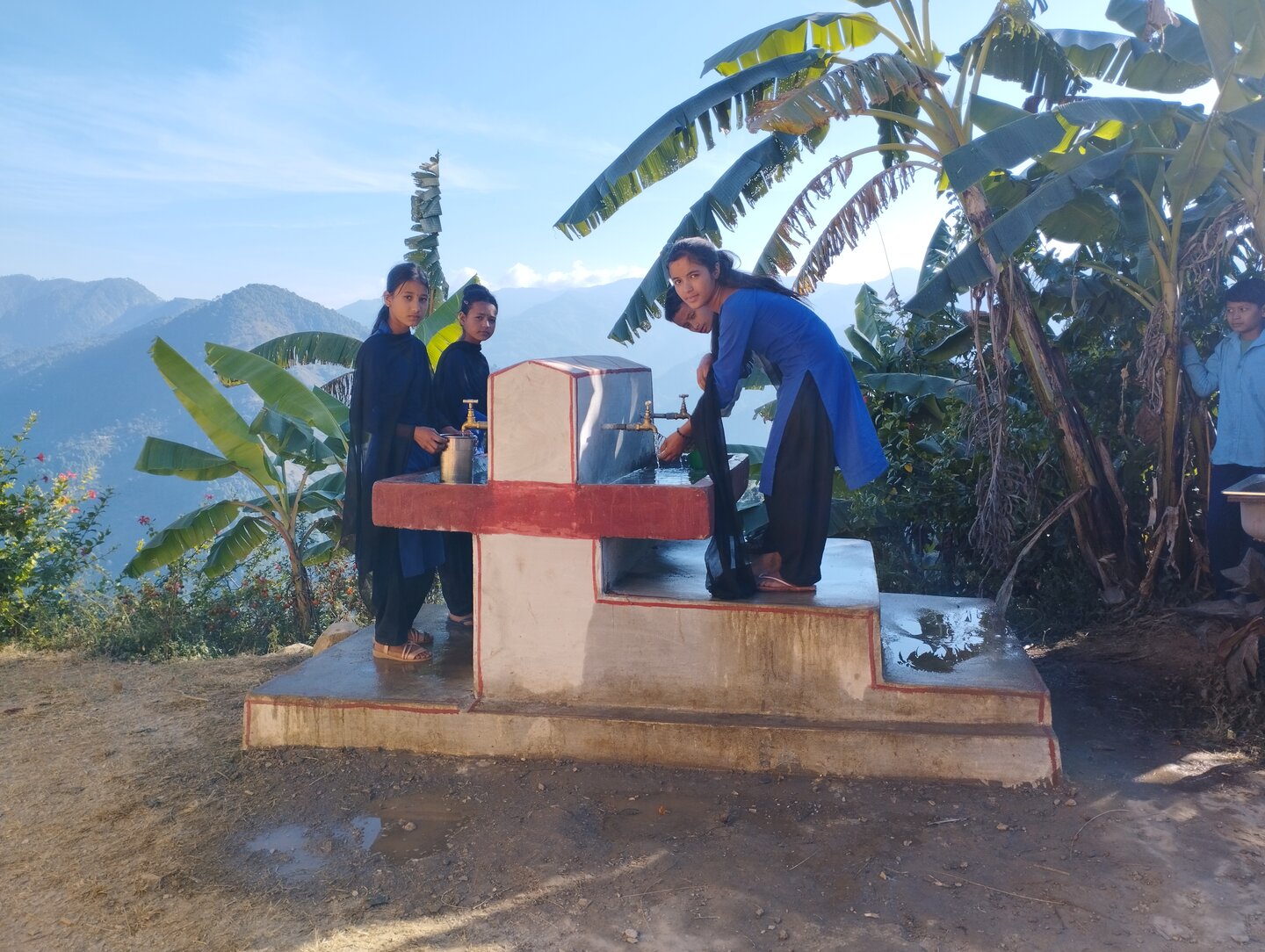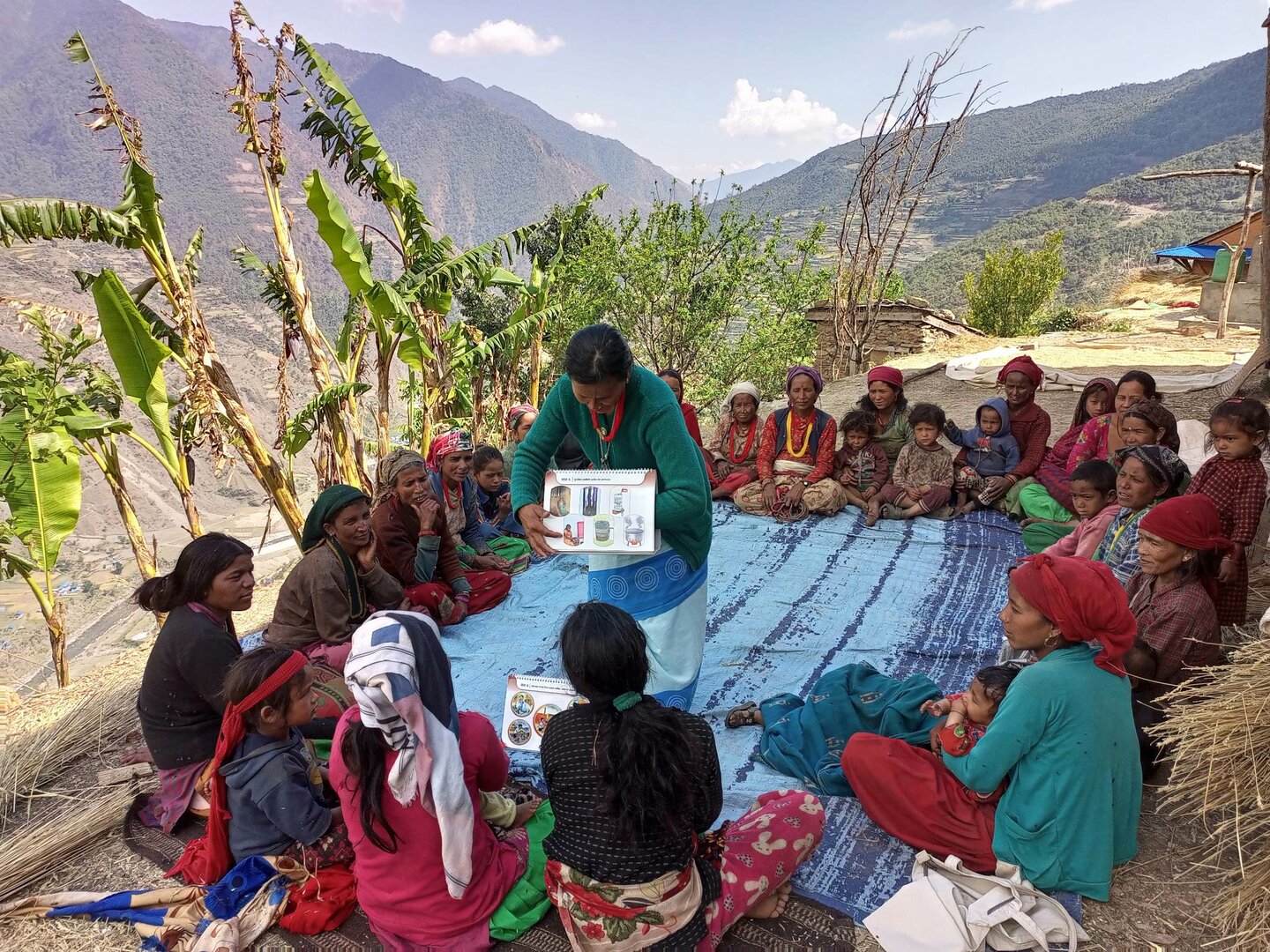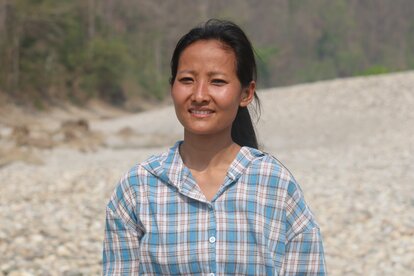Menstrual Hygiene Management (MHM) day is observed every year on May 28 since 2014 to break the silence regrading menstrual taboos, raise awareness, transform social norms around menstruation and engage decision makers to catalyze positive actions for menstrual hygiene management. It is celebrated on 28th May because menstrual cycle also averages 28 days in length. By creating awareness and involving all stakeholders, MHM day contributes to realization of local policies and international commitments for menstrual hygiene including Sustainable Development Goals (SDG) of making menstruation a normal fact of life by 2030.
Nepal has made commitment to ensure reproductive health and rights keeping human dignity and human rights at the very center of every intervention. Based on Nepal’s endorsement of International Conference on Population and Development (ICPD) and The Constitution of Nepal, all people are entitled to have sexual and reproductive health rights regardless of their age, gender, and other population traits. Safe Motherhood and Reproductive Health Right Act of Nepal states ‘women and adolescent girls have the right to gain education, information, counselling, and services relating to reproductive health’. However, reproductive health is the most common health problems among women in Nepal evident in national data such as; one in five women suffers from uterine prolapse, practices of adolescent girls for managing menstrual hygiene is indicated as poor and 83% of women and girls still using clothes instead of sanitary pads during their menses.
Menstrual health and hygiene management is a major part of reproductive health which is associated with many social issues in Nepal. Menstruation comes with stigma and imposed isolation for many girls and women in Nepal. The stigma and isolation interfere with their right to education, food, free mobility, non-discrimination, social and many other basic rights. 4-5 days a month, women and girls cannot have access to household and public spheres hindering their interaction with men and boys and other groups. One of the most extreme forms of such exclusion is ‘Chhaupadi’ in western Nepal in which women and girls are banished to cowshed during their menses and are considered untouchable. Though this is legally prohibited, it exists in practices. On top of all, women and girls deal with increased need for maintaining hygiene during menstruation in one hand, and limited or no access to water, clean toilets, soap, and menstrual products in another hand. The menstrual hygiene related awareness is also minimal. This situation negatively impacts their overall health as well as other socio-economic aspects such as school attendance, income generation and dignified participation in social spheres.

Menstruation related taboos and malpractices are deeper-rooted in Sudurpaschim and Karnali provinces of Nepal. Sleeping in cowsheds, away from home in chilly cold winters and hot summers, lack of access to taps or water, lack of menstrual hygiene products still makes up the reality for many women and girls few days a month, let alone their additional nutritional needs. Not only at household levels, schools in rural parts of these provinces share the same taboos. Due to the lack of sanitary pads, unhygienic toilets, lack of separate toilets for girls, lack of pad disposal mechanism combined with social perception of menstruation as impurity and stigma, many adolescent girls either find it too difficult to attend classes or do not go to schools at all.
Manisha from Dullu municipality of Dailekh has similar experience of managing menses at school, who is currently studying in 10th grade in a public school. ‘most often I wouldn’t go to school during my menses. When it came during the classes, I had to tell my teachers that I had fallen sick and would rush back home. Due to the lack of water, not only our school toilet was extremely unhygienic, but we would also be very smelly and unclean ourselves and we lacked pad disposal spot. There was no water to flush or to wash hands after changing pads. Sometimes, it would be so difficult but neither I could tell my teachers nor discuss among friends, we are not supposed to talk about it. I often would feel jealous about boys, wished I was a boy too, so that I could move around freely without having to think about menstruation”. While students are to focus more on studies as SEE approaches, having to leave classes due to menses used to sadden Manisha. However, the situation is changed now, with the establishment of school water system in her schools. Along with the water taps, there is hand washing station and pad disposal system. Manisha shares that her learning has been easier and uninterrupted contributing to smooth school life for her and many other adolescent girls. The integrated system for water and menstrual hygiene management is built under Integrated Water Resource Management Program (IWRM) supported by Charity Water, implemented by Helvetas Nepal through Social Service Centre (SOSEC) in collaboration with local government.
Kiran, a schoolteacher of the same school considers water management in the school to have contributed to the lowered rate of dropouts and absenteeism which was very high among students of higher grades. She further shares, “when I used to look at the situation of toilets in our school and the fact that many girls were obliged to stay out of school as soon as they start menstruating, I believed the concept of dignified menstruation was limited in our textbooks and public speeches. Water is a necessity for menstrual hygiene management not only at household level but also in public institutions like schools and it should be coupled with other efforts to increase people’s awareness regarding menstruation as a natural process”. Dr.Prabin Manandhar, Country Director of Helvetas Nepal believes that proper menstrual hygiene contributes to overall development and wellbeing of women and girls. He comments, “Menstrual hygiene is vital to reduce infection risks as well as to empower women and girls. We need to openly discuss, acknowledge, and address menstrual hygiene in terms of policy, practice, and research”.

IWRM program focuses on establishing accessible and inclusive water infrastructures at both household and institutional level, creates awareness and trains local community people, i.e., Female Community Health Volunteers (FCHVs) regarding menstrual hygiene and runs discussions in the classrooms among students and teachers. In the last fiscal year, more than 6,000 women and adolescent girls have learned about dignified menstruation through hygiene management and addressing social stigma. Similarly, washing stations along with safe drinking water facilities have been established in 74 schools. Trainings and orientations are conducted for making, use and re-use of locally made pads. These efforts have supported women and adolescent girls in menstrual hygiene and reproductive health management as well as contributed to developing public institutions like schools, ward offices, municipalities as gender-friendly spaces.



